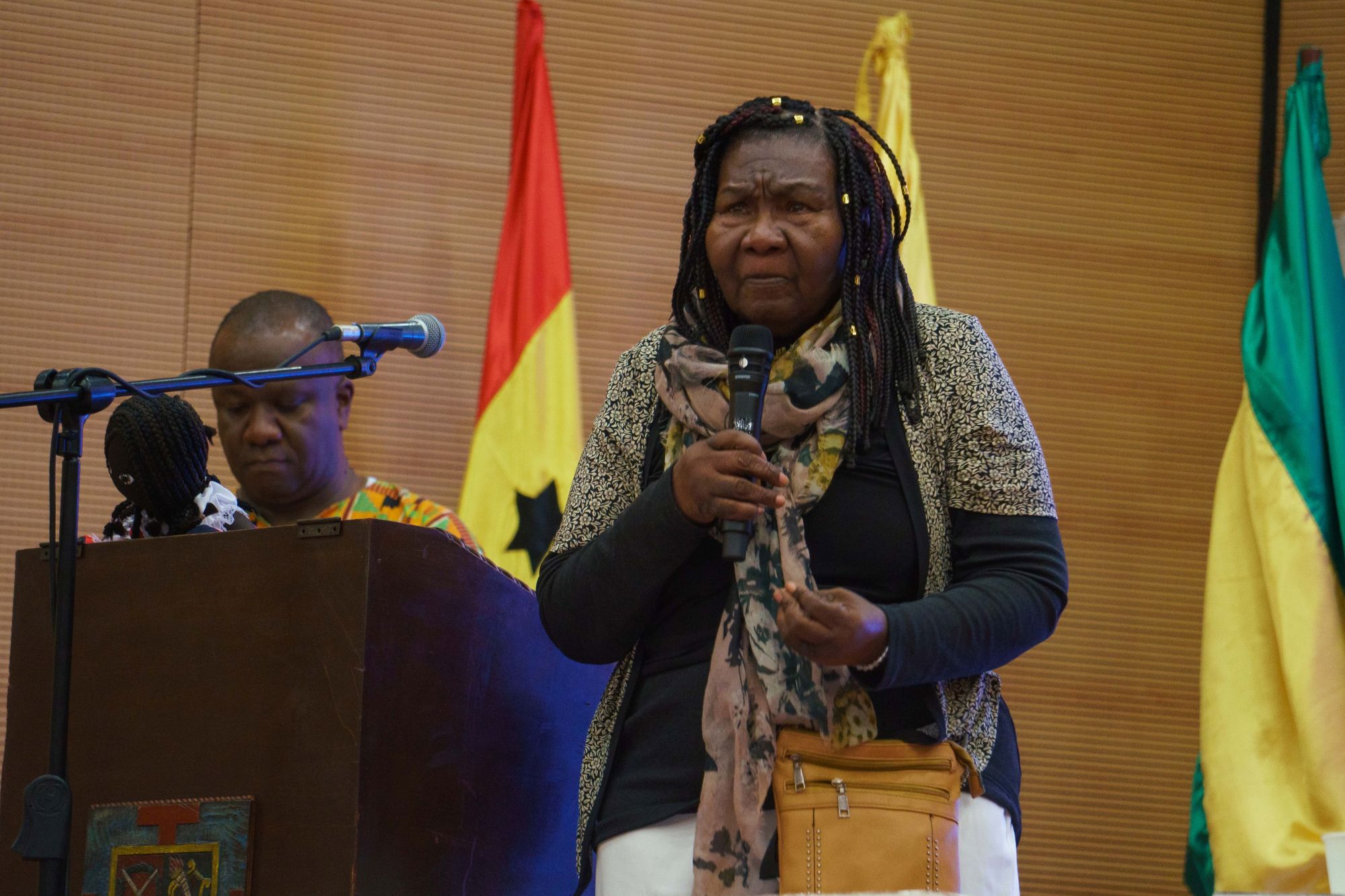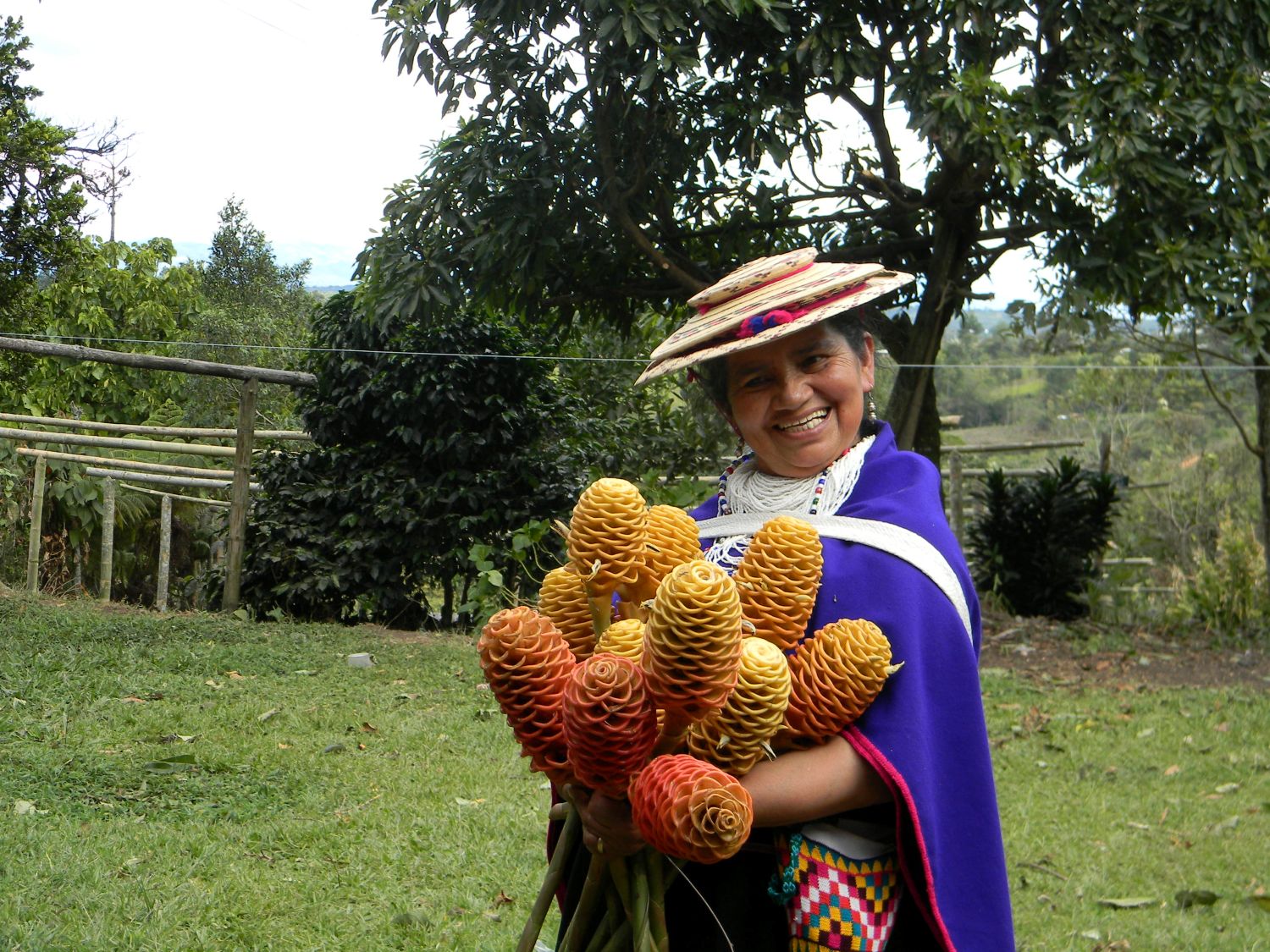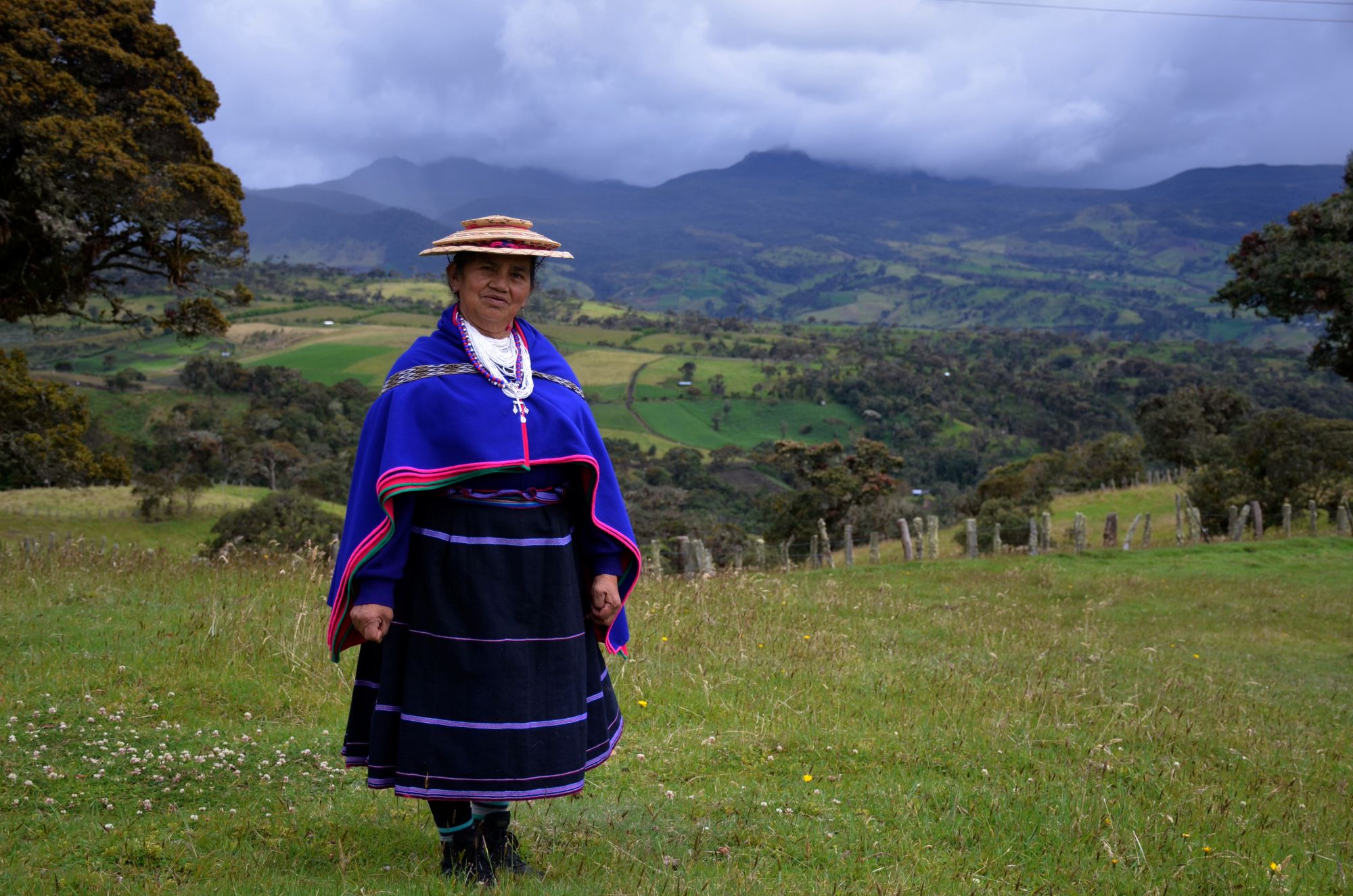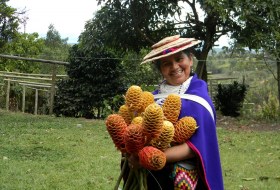News
Two voices that break the silence: Mary Grueso and Bárbara Muelas are the new members of the Colombian Academy of Language
For the first time in history, the Colombian Academy of Language opens its doors to two women from Cauca: Afro-Colombian poet Mary Grueso Romero, graduate and professor at the University of Cauca, and Misak linguist Bárbara Muelas Hurtado, a writer from Cauca who has shared her work and knowledge in several publications and classrooms at the same institution.
What may appear at first glance as an individual recognition is, in fact, a profoundly collective act, as it represents the entrance of two peoples, the Afro and the Misak, into a space historically closed to female, popular, and ancestral voices. It is important to recall that the Colombian Academy of Language, affiliate of the Royal Spanish Academy and the oldest of the American corporations, has for centuries been one of the highest authorities in the regulation and study of Spanish in Colombia. Therefore, the appointment of Mary Grueso and Bárbara Muelas Hurtado not only marks a decisive step toward the recognition of linguistic diversity, but also challenges the very foundations of what has traditionally been understood as language, literature, and knowledge.

Provided photo
“For me, this is a very important step, I would even say a giant one, because these places have been off limits to the ethnic minorities of this country. The fact that a Black woman and an Indigenous woman are now part of the Academy seems extraordinary to me. In my particular case, it is not just about me, but about an entire army of Black men and women who, since the African diaspora, have been building spaces like this in Colombia. I am happy to be the person who achieved it, but as I said before, this is the result of the work of many who came before me,” expressed Mary Grueso, with the humility of someone who knows her voice is both echo and seed of many others. Through poetry, oraliture, and education, this talented Afro-Colombian has narrated the life and resistance of Pacific communities, paving the way from literary peripheries to the center of Colombia’s cultural stages. Her time at the University of Cauca not only shaped her, but also turned her into a mentor of new generations, sowing the word as a tool of dignity and memory.
For her part, Misak linguist Bárbara Muelas Hurtado views this appointment as an act of resistance and a bridge for dialogue: “For me, being in the Colombian Academy of Language means honoring the Namtrik language; it is an act of resistance and preservation, bringing our voice and ancestral wisdom into spaces where we have historically been made invisible. It is also about weaving bridges between bodies of knowledge and an opportunity to dialogue, from our worldview, with Western academia, enriching Spanish with our roots and struggles, and making visible the territories that resist with memory and word. It shows that Colombia’s linguistic and cultural diversity is not only found in cities, but also in the peoples who resist,” said the translator of the ethnic chapter of the 1991 Political Constitution into Namtrik. She has tirelessly defended the view that Indigenous languages must not be treated as museum relics, but as living systems of thought capable of enriching Spanish and transforming academia from within.

Provided photo
From their different perspectives, both women share an urgent call: to dismantle the hierarchies that underestimate popular and ancestral knowledge, to open academia to the voices that are born in the territories, that endure in songs, stories, and mother tongues often folklorized or silenced. For the University of Cauca, this milestone carries special meaning: Mary Grueso, as a graduate and professor, is part of our living history, while Bárbara Muelas, though educated at the Universidad del Valle, has published her books through our editorial press and shared her knowledge in our classrooms. These daughters of Cauca, weavers of words and thought, now enter an institution that for centuries followed the logic of the West, and today begins to open itself to the cultural, linguistic, and spiritual richness of Cauca.
In this spirit, the authors addressed the new generations. “I would like to tell them that we are building, or helping to build, a stronger, greater, and more equitable Colombia through letters and words. From the periphery of literature, we have managed to reach this place, and now it is up to them to keep creating and keep thinking. If we did this, they must carry the banner and continue building, doing positive things to expand the Afro-Colombian presence within universal literature. In this way, we broaden the scope of action, and there will be more people, not only in the Colombian Academy of Language, but in other fields of knowledge,” said poet Mary. Bárbara shared an emotional reflection: “Do not abandon your mother tongue or your way of expressing yourselves, because in them lives the wisdom of our elders. Write, sing, or tell stories with pride, because even if some doors close, other worlds await. Your accents, your linguistic blends, and your cultural heritage are not mistakes, they are treasures that homogenization cannot erase. Seek those who, like you, defend the living word. Together you can create spaces where all voices flourish, because the true word is born from the territory and beats in the heart.”

Provided photo
Undoubtedly, this appointment is a triumph, but it is also a reminder of all that remains to be transformed. The presence of Mary and Bárbara in the Academy should not be seen as a concession, but as the consequence of long and profound struggles of peoples who, from the periphery, shouted until they were heard, breaking the deafening silence. From this institution, which is #HeritageForAll, we celebrate this achievement and proudly embrace the presence and experience of these two teachers in our classrooms. Their legacy is more than a recognition; it is an invitation to continue opening channels where words serve as bridges, not barriers.
Written by: Communications Management Center


